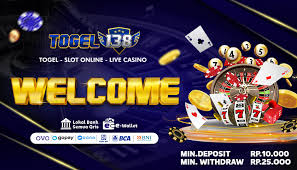The Joker card, often considered the wild card in various games, carries a rich history and a multitude of interpretations. It is a card that embodies chaos, unpredictability, and the potential for surprise, making it a fascinating topic for jokercard.ca balance.
Origins and Evolution
The Joker card originated in the United States during the mid-19th century, primarily used in the game of Euchre. Initially, it was known as the “best bower,” serving as a trump card that could beat any other card in play. Over time, the Joker evolved beyond its original function, finding a place in various card games, including Poker, where it is often used as a wild card.
The design of the Joker has also changed significantly over the years. Early versions depicted jesters or clowns, symbolizing humor and folly. Modern decks often feature stylized designs, with the Joker being represented in unique and artistic ways. The duality of the Joker—both as a figure of fun and chaos—reflects its role in games and its cultural significance.
The Joker in Games
In the world of card games, the Joker serves several purposes. Its primary function is to act as a wild card, substituting for any card to create winning combinations. This unpredictability adds an element of surprise, making games more dynamic and exciting. In some games, having a Joker can completely alter the outcome, turning a losing hand into a winning one.
In addition to its role in games, the Joker has become a popular motif in gambling culture, representing the unpredictable nature of chance and luck. The presence of a Joker card can evoke feelings of excitement and anticipation, often associated with high-stakes games and the thrill of the unknown.
Cultural Significance
Beyond its use in games, the Joker card has permeated popular culture and symbolism. It has been interpreted in various ways in literature, art, and film. The Joker is often portrayed as a trickster figure, challenging societal norms and conventions. This archetype resonates with audiences, as it embodies rebellion and the questioning of authority.
In contemporary culture, the Joker has been popularized through characters in comics and movies, notably in the Batman franchise. The character of the Joker, particularly as portrayed by Heath Ledger and Joaquin Phoenix, reflects themes of chaos, mental illness, and the darker aspects of human nature. These interpretations have added depth to the Joker’s symbolism, transforming it into a complex figure that evokes both fascination and fear.
Conclusion
The Joker card, with its origins in the 19th century and evolution through various games and cultural contexts, remains a powerful symbol of unpredictability and possibility. Whether in a friendly game of cards or as a representation of societal challenges, the Joker continues to captivate and intrigue. Its ability to turn the mundane into the extraordinary makes it a timeless element in the world of games and beyond, reminding us of the thin line between order and chaos.
